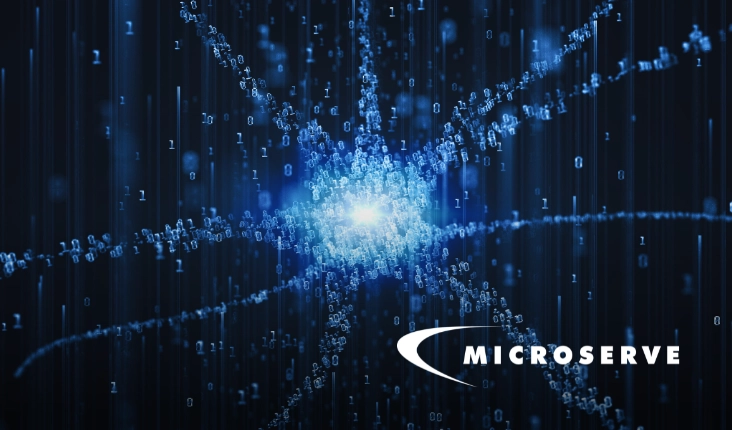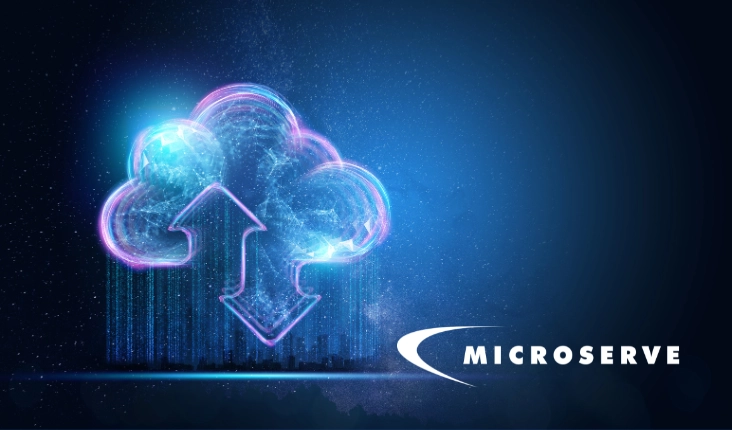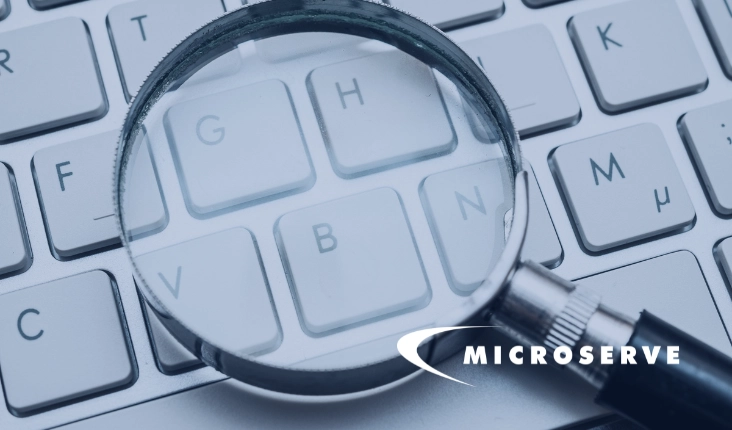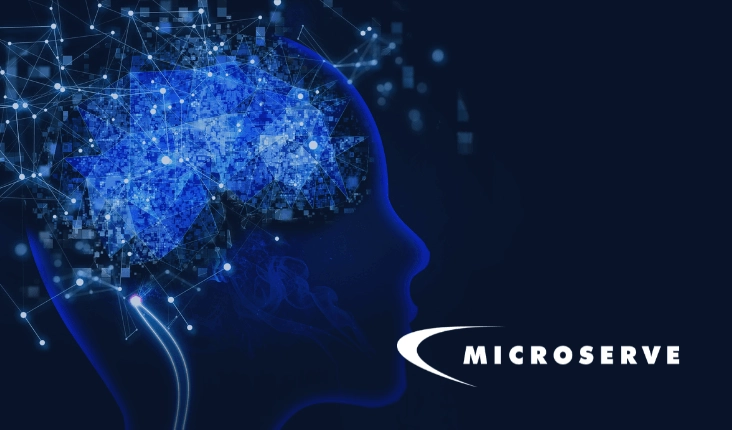In the realm of technological advancement, few innovations hold as much promise and peril as Artificial Intelligence (AI). While AI offers transformative potential across various domains, from healthcare to transportation, the unchecked proliferation of AI systems raises serious concerns. As we delve deeper into the era of AI, it becomes increasingly imperative to understand the dangers posed by uncontrolled AI, anticipate potential consequences, and implement robust safeguards to mitigate risks.
The Unchecked Power of AI
Artificial Intelligence, fueled by rapid advancements in machine learning algorithms and vast troves of data, has permeated nearly every aspect of modern life. However, its unchecked growth brings forth a host of challenges and risks.
Autonomous Weapons
One of the most alarming potential consequences of uncontrolled AI is the development of autonomous weapons systems. These AI-driven machines, capable of making lethal decisions without human intervention, pose a grave threat to global security and stability. According to a report by Human Rights Watch, the proliferation of autonomous weapons could lead to an arms race with dire humanitarian consequences.
Bias and Discrimination
AI systems, reliant on the data they are trained on, often perpetuate and even amplify societal biases. Research conducted by MIT found that facial recognition algorithms exhibit significant racial and gender biases, leading to discriminatory outcomes, particularly against marginalized communities. Such biases, if left unchecked, can exacerbate existing inequalities and undermine social cohesion.
Job Displacement
The rise of AI-driven automation threatens to disrupt labour markets worldwide, leading to widespread job displacement. A study by McKinsey Global Institute suggests that up to 800 million jobs could be automated by 2030, potentially displacing one-fifth of the global workforce. The socioeconomic ramifications of mass unemployment are profound and necessitate proactive measures to mitigate adverse impacts.
Safeguarding Against AI Risks
To navigate the perils posed by uncontrolled AI, concerted efforts must be made to implement robust safeguards and regulatory frameworks. Here are some key strategies:
Ethical AI Principals
Ethical AI principles serve as essential guidelines shaping the responsible development and deployment of AI systems. They encompass various key aspects including fairness, transparency, accountability, privacy, safety, and human-cantered design. Fairness and bias mitigation involve preventing discriminatory outcomes by identifying and addressing biases in AI systems and datasets. Transparency and explain ability are crucial for building trust and understanding, achieved through providing explanations for AI-driven decisions and disclosing data sources and algorithms. Accountability and responsibility entail holding developers and organizations accountable for the ethical implications of AI systems, with clear mechanisms for redress. Human-centred design prioritizes human well-being, dignity, and autonomy throughout the design and deployment process. For additional resources and guidance on ethical AI principles, organizations such as the IEEE Global Initiative on Ethics of Autonomous and Intelligent Systems through “Ethics in Action” and the Partnership on AI via their “Tenets” provide valuable insights and frameworks.
Transparency and Accountability
Transparency and accountability are foundational pillars in ensuring the responsible development and deployment of AI systems. Transparency entails not only providing explanations for AI-driven decisions but also disclosing data sources, algorithms, and the rationale behind their design choices. This fosters trust and understanding among stakeholders, enabling meaningful scrutiny and oversight. Additionally, compliance with regulations such as the General Data Protection Regulation (GDPR) is crucial, as it mandates transparency in algorithmic decision-making and provides mechanisms for individuals to contest automated decisions, thus upholding privacy rights and ensuring ethical AI practices. Accountability mechanisms, including ethical impact assessments and avenues for redress, are essential for holding developers and organizations accountable for the ethical implications of their AI systems, ensuring that they align with societal values and respect individual rights.
Human Oversight and Control
Maintaining human oversight and control over AI systems is critical to prevent unintended consequences. Implementing human-in-the-loop mechanisms ensures that humans retain decision-making authority and can intervene when AI systems exhibit unexpected behaviour or biases.
International Cooperation
International cooperation plays a vital role in addressing the global challenges posed by uncontrolled AI. Multilateral agreements and frameworks, similar to the Convention on Certain Conventional Weapons (CCW), facilitate dialogue among nations to regulate the development and deployment of autonomous weapons systems. By fostering collaboration and shared governance mechanisms, international cooperation can help establish common standards and norms for AI, ensuring that its development and use align with ethical principles and respect international laws and human rights.
As we stand at the precipice of the AI revolution, it is imperative to confront the risks posed by uncontrolled AI with vigilance and foresight. By adopting ethical principles, promoting transparency, maintaining human oversight, and fostering international cooperation, we can steer AI towards a future that maximizes its benefits while mitigating its dangers. Only through collective action and responsible stewardship can we harness the transformative power of AI for the betterment of humanity.




